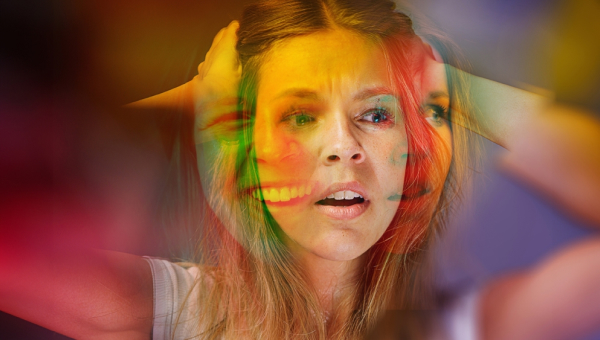Depression: Symptoms, Causes, and Treatment
Jul 19, 2024
Depression is a common but serious mood disorder that affects how you feel, think, and handle daily activities. It can lead to a variety of emotional and physical problems and can decrease your ability to function at work and at home.
What is Depression?
Depression is more than just feeling sad or going through a rough patch. It is a serious mental health condition that requires understanding and medical care.
Types of Depression
- Major Depressive Disorder (MDD): Characterized by persistent feelings of sadness and loss of interest in activities.
- Persistent Depressive Disorder (Dysthymia): A chronic form of depression with less severe symptoms that last for at least two years.
- Bipolar Disorder: Involves episodes of depression and mania.
- Seasonal Affective Disorder (SAD): Depression that occurs at a specific time of year, usually in the winter.
- Postpartum Depression: Depression that occurs after childbirth.
- Psychotic Depression: Severe depression accompanied by some form of psychosis, such as delusions or hallucinations.
Symptoms of Depression
- Persistent sad, anxious, or "empty" mood
- Loss of interest or pleasure in hobbies and activities
- Changes in appetite or weight
- Difficulty sleeping or oversleeping
- Thoughts of death or suicide
Causes of Depression
- Biological Differences: Physical changes in the brain.
- Brain Chemistry: Neurotransmitter imbalances play a significant role.
- Hormones: Changes in the body's balance of hormones.
- Genetics: Family history of depression increases the risk.
Risk Factors
- Personal or Family History: Higher risk if depression runs in the family.
- Major Life Changes or Trauma: Stressful events can trigger depression.
- Certain Medications: Some drugs have side effects that contribute to depression.
- Medical Conditions: Chronic illnesses like heart disease or cancer.
Impact on the Brain and Body
Depression affects the brain's structure and function, particularly in areas related to mood regulation. Chronic depression can lead to decreased brain volume in certain regions.
Pathophysiology of Depression
- Neurotransmitter Imbalance: Depression is often linked to low levels of serotonin, norepinephrine, and dopamine.
- Hypothalamic-Pituitary-Adrenal (HPA) Axis: Dysregulation leads to abnormal cortisol levels.
- Inflammation: Chronic inflammation has been implicated in the development of depression.
WHO Criteria for Diagnosing Depression
According to the World Health Organization (WHO), depression is diagnosed based on the presence of the following symptoms for at least two weeks:
- Depressed mood most of the day, nearly every day
- Markedly diminished interest or pleasure in all, or almost all, activities most of the day
- Significant weight loss when not dieting, weight gain, or decrease or increase in appetite
- Insomnia or hypersomnia nearly every day
- Psychomotor agitation or retardation nearly every day
- Fatigue or loss of energy nearly every day
- Feelings of worthlessness or excessive or inappropriate guilt
- Diminished ability to think or concentrate, or indecisiveness
- Recurrent thoughts of death, recurrent suicidal ideation without a specific plan, or a suicide attempt or a specific plan for committing suicide
Managing Depression
1. Psychotherapy:
- Cognitive Behavioral Therapy (CBT): Helps change negative thought patterns.
- Interpersonal Therapy (IPT): Focuses on improving personal relationships.
- Mindfulness-Based Cognitive Therapy (MBCT): Combines mindfulness practices with cognitive therapy.
2. Medications:
- Selective Serotonin Reuptake Inhibitors (SSRIs): Commonly prescribed for depression.
- Serotonin and Norepinephrine Reuptake Inhibitors (SNRIs): Another class of antidepressants.
- Tricyclic Antidepressants (TCAs): Older class of drugs used for treatment-resistant depression.
3. Lifestyle Modifications:
- Regular Exercise: Can help alleviate symptoms.
- Healthy Diet: Supports overall brain health.
- Adequate Sleep: Essential for recovery.
4. Professional Help:
- Counseling Services: Increasingly available in India, with more trained professionals.
Conclusion
Depression is a serious but treatable condition. Understanding the causes, symptoms, and treatment options can help individuals manage depression effectively. Seeking professional help and making lifestyle changes can significantly improve quality of life.
References:
- National Institute of Mental Health (NIMH) - Depression
- American Psychological Association - Depression
- World Health Organization - Depression
- Psychology Today - Depression
- Indian Journal of Psychiatr









